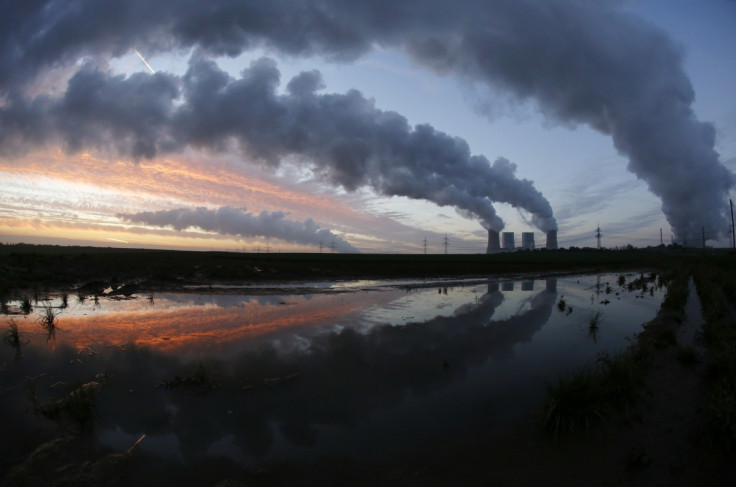Global carbon emissions at record high of 35.3bn tonnes even as rate shows decline

Increase in energy use by emerging economies sent carbon emissions to a record high in 2013, says a new study.
A positive aspect of the findings is that emissions increased at a slower rate of 2% than the average [3.8% per year since 2003] over the last ten years.
China, the USA and the EU remain top emitters of CO2, accounting for 29%, 15% and 11% respectively of the world's total emissions.
CO2 emissions of the United States grew by 2.5% in 2013, whereas in the EU emissions continued to decrease by 1.4% in 2013.
Other major emitters were Brazil (+6.2%), India (+4.4%), China (+4.2%) and Indonesia (+2.3%).
The 4.2% emission rate in China in 2013 and 3.4% in 2012 is attributed to a decline in electricity and fuel demand from the basic materials industry, an increase in renewable energy and improvements in energy efficiency.
Fossil fuel use and cement production contributed majorly to the 35.3 billion tonnes of carbon dioxide sent into the atmosphere last year, says the report 'Trends in global CO2 emissions', released by PBL Netherlands Environmental Assessment Agency and the Joint Research Centre of the European Commission.
The rate slowdown, which began in 2012, signals a further decoupling of global emissions and economic growth, reflecting mainly the lower emissions rate in China, notes JRC.
China has returned to the lower annual growth rates for emissions that it experienced before its economic growth started to accelerate in 2003.
In 2013, the Chinese per capita emissions of 7.4 tonnes CO2/cap exceeded the mean EU28 level of 7.3 tonnes CO2/cap, which is 50% above the global average.
It is still less than half than of that of the United States of 16.6 tonnes CO2/cap, which has one of the highest per capita emissions.
A relatively high, although steadily declining, energy intensity of the sectors contributing to GDP growth has meant that China's emissions in relation to its GDP is higher than the US or EU, even as it shows a declining trend.
The report is based on results from the joint JRC/PBL Emissions Database for Global Atmospheric Research (EDGAR) for latest statistics on energy use and various other activities.
The world has less than 1000 billion tonnes of emissions that can be emitted before irreversible climate change sets in. This is the reason why the IPCC has called for a total phase-out of fossil fuels before the end of the century.
© Copyright IBTimes 2025. All rights reserved.




















